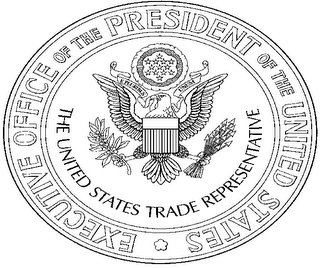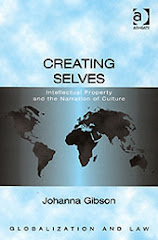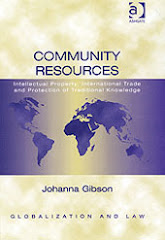
In discussions that concluded last Wednesday, the United States and Peru have arrived at a bilateral trade agreement, known as a Trade Promotion Agreement (PTPA), despite the withdrawal of Colombia and Ecuador. As reported in IP-Watch, the Agreement includes provisions on data protection in pharmaceuticals - protection not required under TRIPS and restrictions which proved a major catalyst (as well as differences over farm trade issues) in the withdrawal of the other negotiating partners.
The expansion of bilateral trade agreements between the US and various countries has been strongly criticised by various groups, including Oxfam, CP-Tech, QUNO, and others, as a "back-door" to a global TRIPS-plus regime. In other words, the agreements have the effect of transforming certain interests into laws, laws which are increasingly "international" in scope through the expanding coverage of these bilateral agreements, despite never having been negotiated in international fora. For instance, many bilateral agreements override the option to exclude life forms from patent protection, as set out in TRIPS, or mandate the protection of biotechnological inventions.
However, the Peru-US Agreement is somewhat significant in that it is the first of its kind to include references to traditional knowledge, although it does so without any reference to intellectual property (see the report by ICTSD). My concern is that the text on traditional knowledge and genetic resources is distanced from the main text and thus the "main issues."
First, the references to indigenous cultures are marginalised physically in the side letter. Secondly, the Agreement separates these issues from the central concerns of intellectual property and trade. In making no reference to intellectual property with regard to biodiversity and traditional knowledge, the Agreement is not recognising the potential incompatibility between customary systems of traditional knowledge and intellectual property, but rather, is removing these concerns from any relationship to intellectual property. This relationship must be acknowledged in so far as these resources are frequently articulated within intellectual property systems, even if the customary management and subject matter is not necessarily dealt with justly in those systems. Thus, a mere reference in a side letter may instead risk obscuring the issues at stake when dealing with traditional knowledge. Thirdly, and related to the "absence" of intellectual property, the Agreement favours the use of contracts for genetic resources, rather than realising specific obligations (such as disclosure of origin in patent applications). But how can such contractual relationships give effect to a genuine bargain without first understanding the asymmetries in the relationships, not only with respect to benefits but also with respect to subject matter?
In an Agreement that apparently creates both a "level playing field" and a "two-way street," what more is round the corner apart from these geographical, indeed territorial, achievements?



4 comments:
Do you think that the agreement will be beneficial or detrimental for a developing nation like Peru?
Do you think the agreement will be beneficial or detrimental for a developing nation like Peru?
The full agreement has not yet been published, so it's very difficult to produce a more comprehensive analysis, but it does raise discussions about the increasing territorial coverage of such bilateral agreements and the impact of TRIPS-plus rules in those agreements. Do such rules weigh in favour of particular industries and the perspective of industrialised countries? If so, then it is necessary to consider why the perspectives of industrialised / developed countries would be relevant to the economic and cultural development of Peru and to the diversity of development in an international context.
Dear Marco, there's a very useful article in IP-Watch on the Peru Agreement. In fact, given Peru's position at the WTO meetings, some have suggested that Peru could withdraw from the "weaker" US deal. Vandana Shiva has described the agreement as dismantling the CBD in a "divide-and-rule" - that is, through this creeping bilateralism it is suggested that the US is overriding the flexibilities and recognition in various international agreements, including the CBD and TRIPS.
Post a Comment